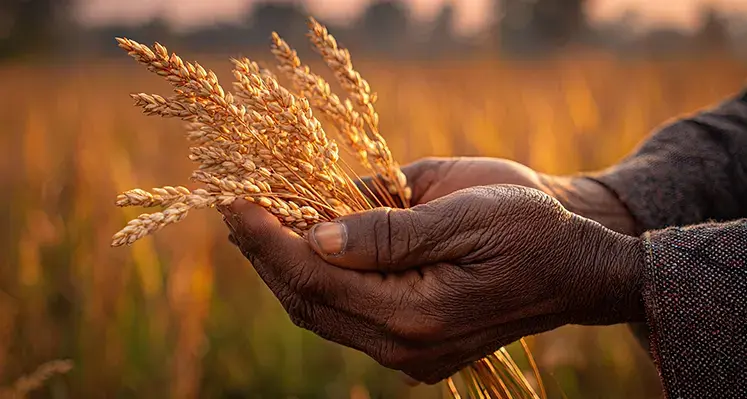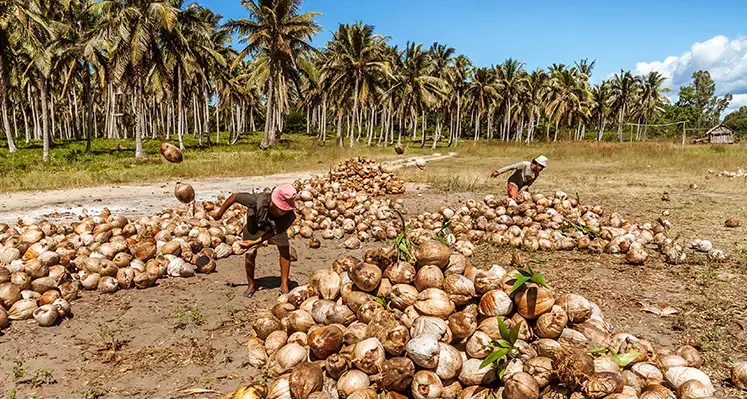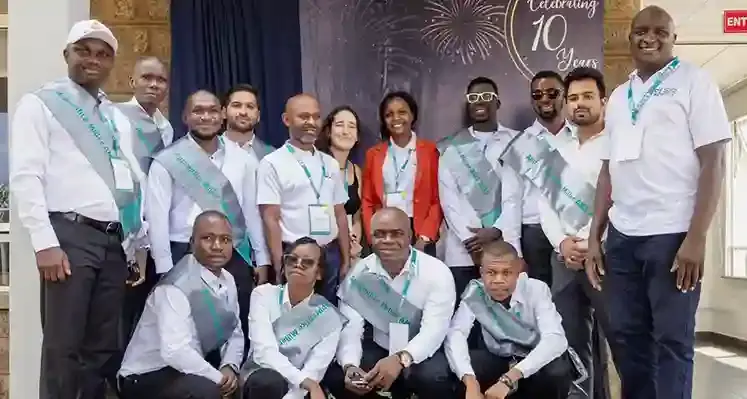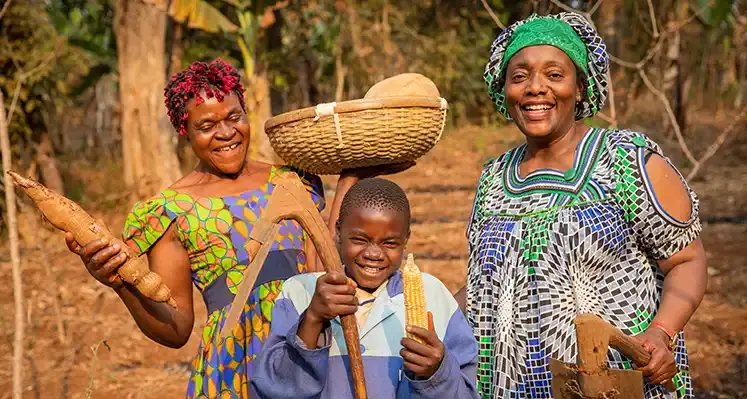Nasarawa State has officially commenced production of “NASACCO Gold Rice” through the Nasarawa State Agro Commodity Company (NASACCO), a move aimed at strengthening food security and promoting agricultural value addition in the region.
Governor Abdullahi Sule commissioned the initiative during an event in Lafia on Tuesday, emphasising its potential to enhance both state and national food stability.
The initiative is a collaborative effort with Silvex International, a leading rice-processing company in Nigeria. Governor Sule explained that Silvex has sourced rice paddy from state-owned farms located in Jangwa and Agwatashi communities within the Awe and Obi Local Government Areas. The harvested rice will be processed and branded as “NASACCO Gold Rice,” providing a distinctive, high-quality product for consumers.
“This will boost food security, attract investment, and implement strategies for sustainable agriculture,” Governor Sule stated, highlighting the broader economic and agricultural benefits of the programme. He also noted that the initiative aligns with the federal government’s Renewed Hope policy on agriculture, which promotes private sector participation, value addition, and inclusive growth.
Governor Sule further revealed that the NASACCO Gold Rice would be sold to the public at a 10 percent discount off the current market price for 50 kilograms, encouraging Nigerians to support the locally produced brand. He described the rice as “one of the best in the market,” urging citizens to patronise the product.
The governor expressed gratitude to Silvex International for partnering with the state to advance the project, noting that such collaborations are central to attracting private sector investment and boosting the local economy.
In his remarks, the Minister of Agriculture and Food Security, Abubakar Kyari, represented by Ibrahim Alkali, a director in the ministry, commended the initiative for its potential to promote economic growth, food security, and private sector involvement in the agricultural value chain.
The NASACCO Gold Rice project marks a significant milestone for Nasarawa State, positioning it as a model for sustainable rice production, agricultural innovation, and investment-friendly policies in Nigeria’s agri-food sector.









